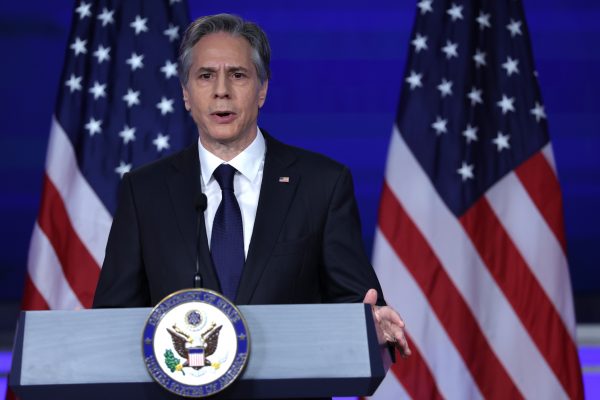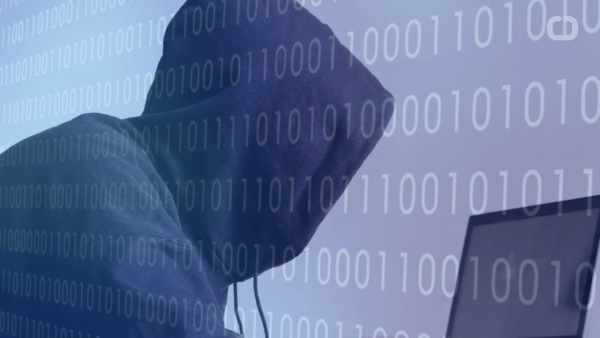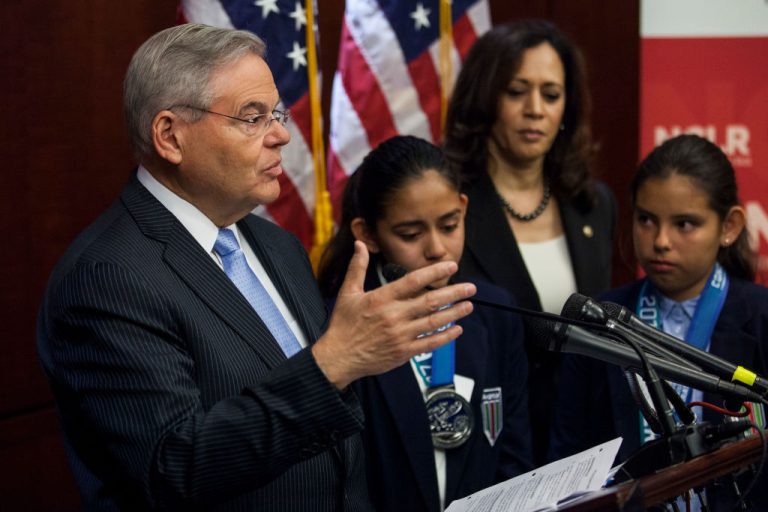On June 22, U.S. Senator Bob Menendez (D-NJ), and Representative Michael McCaul (R-TX), urged the Biden administration to disclose a classified briefing pertaining to an alleged Chinese intelligence facility located in Cuba. Several Republican legislators also called on the U.S. State Department on June 27 to refrain from renewing a longstanding U.S-China pact on scientific collaboration — warning that the Chinese Communist Party (CCP) could potentially exploit it to bolster its own military.
As the respective heads of the Senate Foreign Relations Committee and the House Foreign Affairs Committee, Menendez and McCaul issued a letter addressed to Secretary of State Antony Blinken and CIA Director William Burns.
The pair expressed concern over recent allegations over the CCP’s construction of an espionage hub in Cuba — situated a mere 90 miles away from the state of Florida, and said the American people deserved to know about any threats to national security.

“The American public needs to be assured that their government unequivocally condemns this escalation, and is working to do everything in its power to counter it,” they wrote, adding, “While we understand the sensitive nature of this matter, Congress also requires greater transparency and clarity about these developments.”
A threat to national security
In the letter, the legislators insisted the crucial need for the American people to feel confident that their government “stands resolutely” against any threats, and is committed to combating it with all available resources.
Success
You are now signed up for our newsletter
Success
Check your email to complete sign up
According to a report by The Wall Street Journal, Beijing reached an agreement with Cuba to establish an electronic surveillance facility capable of intercepting signals communication, which includes emails, phone calls, and satellite transmissions. This claim was initially refuted by the Pentagon; however, an official from the Biden administration subsequently disclosed that a Chinese spy base had indeed been operational in Cuba since 2019.
RELATED: DOJ Terminates ‘China Initiative’ Targeting Beijing’s Economic Espionage
The lawmakers sought more detailed information from administration officials regarding the “specific characteristics and objectives” of the Chinese intelligence activities in Cuba, their implications for the U.S., and what actions the Biden administration is taking to impede China’s infiltration efforts in Cuba.

The legislators noted that while it “comes as no surprise to us that the Cuban regime — which has historically opened its doors to foreign adversaries of the United States — and the PRC are working together to undermine U.S. national security,” the establishment of “intelligence facilities and expansion of military ties this close to U.S. territory should be seen as a significant, escalatory step.”
The lawmakers requested a classified briefing on the matter to be presented to each of their committees no later than July 14.
Stealing US intel
Meanwhile, a group of Republican representatives, which included Mike Gallagher (R-WI), who currently serves as the Chair of the U.S. House of Representatives’ Select Committee on China, along with nine others, called on Blinken to abolish the Science and Technology Agreement (STA) between Beijing and Washington.
The group argued that the STA — which was previously renewed every five years since its enactment in 1979, and is set to expire on Aug. 27 of this year — could be used by the CCP to expand its military prowess, and has been tied to the “theft of U.S. scientific and commercial innovations.”

Though the agreement was built on a basis of advancing “mutual partnerships” across the fields of atmospheric and agricultural science, as well as basic research in physics and chemistry, the lawmakers claim the CCP has instead used it to steal American intelligence to advance its own military, drone, and aviation technology.
In the letter addressed to Blinken, the lawmakers highlighted apprehensions and concerns about collaborative efforts between the U.S. and China’s Meteorological Administration on “instrumented balloons,” coupled with over a dozen U.S. Department of Agriculture projects with Chinese bodies that they claim involve technologies with “evident dual-use applications.”
These include methods to scrutinize satellite and drone imagery for irrigation management,” the letter said.
Calling for greater transparency
The lawmakers stated in the letter, “The PRC (People’s Republic of China) uses academic researchers, industrial espionage, forced technology transfers, and other tactics to gain an edge in critical technologies, which in turn fuels the People’s Liberation Army modernization.”
READ MORE: US Criticizes Aggressive Chinese Military Air-Sea Maneuvers
“The United States must stop fueling its own destruction. Letting the STA expire is a good first step,” they said.
In recent years, the CCP has been striving to achieve autonomy in agricultural technology, including seed development. In response, U.S. authorities have increased their efforts to combat purported industrial espionage by Chinese entities within the sector.
Chinese officials, however, are eager to extend the agreement and have publicly stated their attempts last year to discuss its renewal with the U.S., but noted that Washington is currently reviewing the agreement.
Those advocating for the renewal of the agreement argue that its absence would deprive the U.S. of crucial insights into China’s technological progress. However, analysts suggest a significant overhaul of the agreement is necessary to protect U.S. innovation amid escalating strategic competition with Beijing.
The State Department declined to comment earlier this month on the state of “internal deliberations on negotiations,” Reuters reported.















